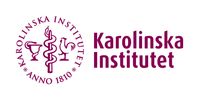Successful NK cell-based immunotherapy for leukaemia
[PRESS RELEASE 2018-02-15] Researchers at Karolinska Institutet in Sweden have explored NK cell-based immunotherapy on patients with treatment-resistant leukaemia. The study, which is published in the scientific journal Clinical Cancer Research, shows that the new therapy is effective against several types of leukaemia.
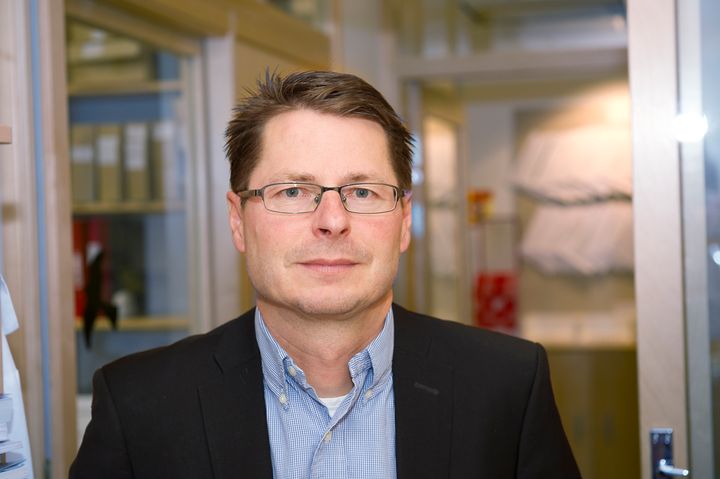
NK (natural killer) cells are a special type of white blood cell discovered at Karolinska Institutet in the 1970s that can recognise and kill cancer cells. In recent years, much knowledge has been generated on the biology of the cells and their ability to recognise tumour cells. Research into immunotherapy, in which the immune system is stimulated to attack cancer cells, has also made great strides forward. The potential of NK cells as a form of immunotherapy has not, however, been fully explored.
Researchers at Karolinska Institutet have now tested an NK cell-based immunotherapy on 16 patients with treatment-resistant leukaemia of the types myelodysplastic syndrome (MDS), acute myeloid leukaemia (AML) or transitional MDS/AML phases. The patients were treated with activated NK cells from related donors.
Six of the patients displayed objective responses to the treatment, some even attaining complete remission and thus becoming symptom-free. Five of these six patients became healthy enough to undergo curative stem cell transplantation, an intervention that was not possible before the NK cell treatment. Three of them have now survived for over three years, one for over five. The infusion of NK cells produced no serious adverse effects.
”Our study shows that patients with MDS, AML and MDS/AML can be treated with NK cell-based immunotherapy and that the therapy can be highly efficacious,” says Professor Hans-Gustaf Ljunggren at Karolinska Institutet's Department of Medicine in Huddinge, who initiated and led the study with departmental colleague Professor Karl-Johan Malmberg.
”The results open the way for new clinical studies, where there is potential for further improvements to study design that includes producing the next generation of NK cell-based immunotherapy,” says Andreas Björklund, specialist doctor at Karolinska University Hospital, who had clinical responsibility for the patients treated using the new therapy.
The study was financed by several bodies, including the Tobias Foundation, the Swedish Cancer Society, the Swedish Research Council and Stockholm County Council. Jeffrey S. Miller and Karl-Johan Malmberg serves on the Scientific Advisory Board of Fate Therapeutics. Hans-Gustaf Ljunggren serves on the Scientific Advisory Board of CellProtect Nordic Pharmaceuticals and HOPE Bio-Sciences; on the Board of Directors of Vycellix; and is a collaborator with Fate Therapeutics.
Publication: ”Complete Remission with Reduction of High-risk Clones following Haploidentical NK Cell Therapy against MDS and AML”, Andreas T. Björklund, Mattias Carlsten, Ebba Sohlberg, Lisa L. Liu, Trevor Clancy, Mohsen Karimi, Sarah Cooley, Jeffrey S. Miller, Monika Klimkowska, Marie Schaffer, Emma Watz, Kristina Wikström, Pontus Blomberg, Björn Engelbrekt Wahlin, Marzia Palma, Lotta Hansson, Per Ljungman, Eva Hellström-Lindberg, Hans-Gustaf Ljunggren, Karl-Johan Malmberg. Clinical Cancer Research, online 14 February 2018, doi: 10.1158/1078-0432.CCR-17-3196.
Contacts
For more information, please contact:
Andreas Björklund, specialist doctor, researcher
Department of Medicine, Huddinge, Karolinska Institutet
Phone: +46 708 112 312
Email: andreas.bjorklund@ki.se
Hans-Gustaf Ljunggren, professor
Department of Medicine, Huddinge, Karolinska Institutet
Phone: +46 70 533 46 99
Email: hans-gustaf.ljunggren@ki.se
Karl-Johan Malmberg, professor
Oslo University Hospital
Department of Medicine, Huddinge, Karolinska Institutet
Phone: +47 453 90 926
Email: kalle.malmberg@ki.se
Images
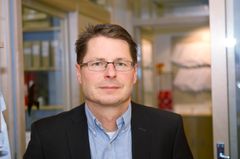
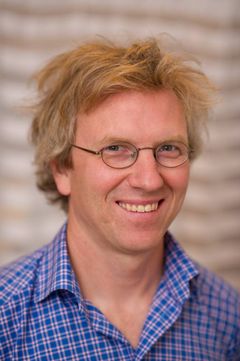
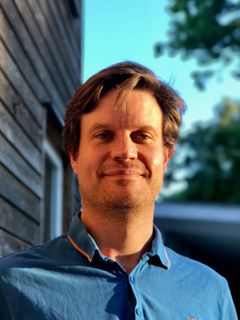
Karolinska Institutet (http://ki.se/english) is one of the world’s leading medical universities. Its vision is to significantly contribute to the improvement of human health. Karolinska Institutet accounts for the single largest share of all academic medical research conducted in Sweden and offers the country’s broadest range of education in medicine and health sciences. The Nobel Assembly at Karolinska Institutet selects the Nobel laureates in Physiology or Medicine.
Subscribe to releases from Karolinska Institutet - English
Subscribe to all the latest releases from Karolinska Institutet - English by registering your e-mail address below. You can unsubscribe at any time.
Latest releases from Karolinska Institutet - English
New method reveals how the brain and inner ear are formed3.4.2025 20:00:00 CEST | Pressmeddelande
Researchers at Karolinska Institutet have developed a method that shows how the nervous system and sensory organs are formed in an embryo. By labelling stem cells with a genetic ‘barcode’, they have been able to follow the cells’ developmental journey and discover how the inner ear is formed in mice. The discovery, published in Science, could provide important insights for future treatment of hearing loss.
Fluoride in drinking water is associated with impaired childhood cognition7.3.2025 15:30:00 CET | Pressmeddelande
Elevated concentrations of fluoride can occur in well water, and in some countries, it is added to drinking water to counteract caries in the population. A study from Karolinska Institutet in Sweden now supports a few previous studies indicating that exposure to fluoride during the fetal stage or early childhood may impair cognition in children. The study is published in the journal Environmental Health Perspectives.
Children with ARFID face increased risk of disease17.2.2025 17:00:00 CET | Pressmeddelande
Children with avoidant restrictive food intake disorder (ARFID) have an elevated risk of developing psychiatric and physical conditions, a new study from Karolinska Institutet published in JAMA Pediatrics reports. The study highlights the importance of early identification to improve care of these children.
Preterm babies receive insufficient pain management27.1.2025 15:29:17 CET | Pressmeddelande
A large proportion of babies born very early need intensive care, which can be painful. But the healthcare system fails to provide pain relief to the full extent. This is shown by the largest survey to date of pain in neonatal care, now published in the journal Pain.
New study paves way for immunotherapies tailored for childhood cancers20.1.2025 17:00:00 CET | Pressmeddelande
Researchers at Karolinska Institutet and the Astrid Lindgren Children’s Hospital in Sweden have determined how children’s immune systems react to different kinds of cancer depending on their age. The study, which is published in the journal Cell, reveals significant differences between the immune response of children and adults, and has the potential to lead to new tailored treatments for children with cancer.
In our pressroom you can read all our latest releases, find our press contacts, images, documents and other relevant information about us.
Visit our pressroom